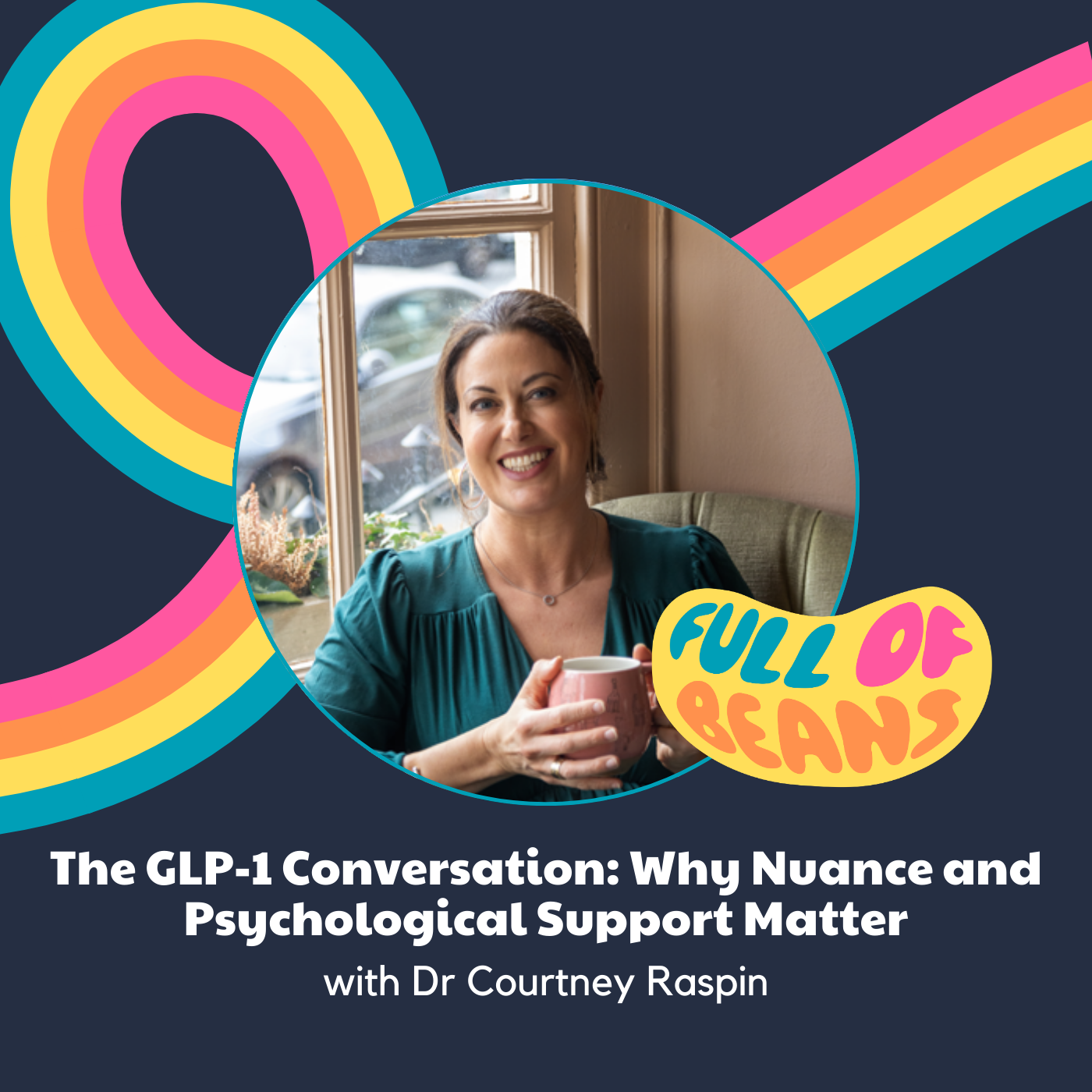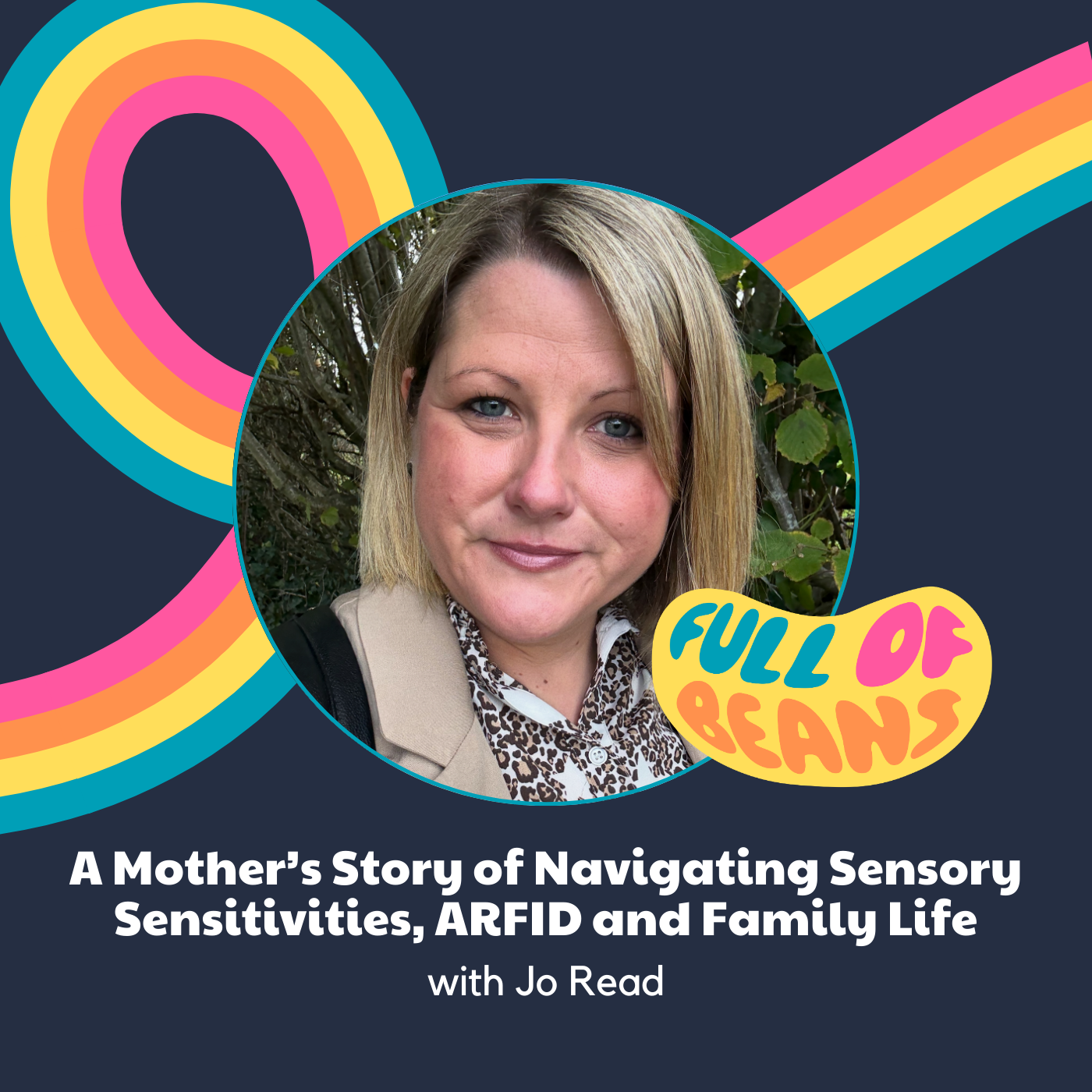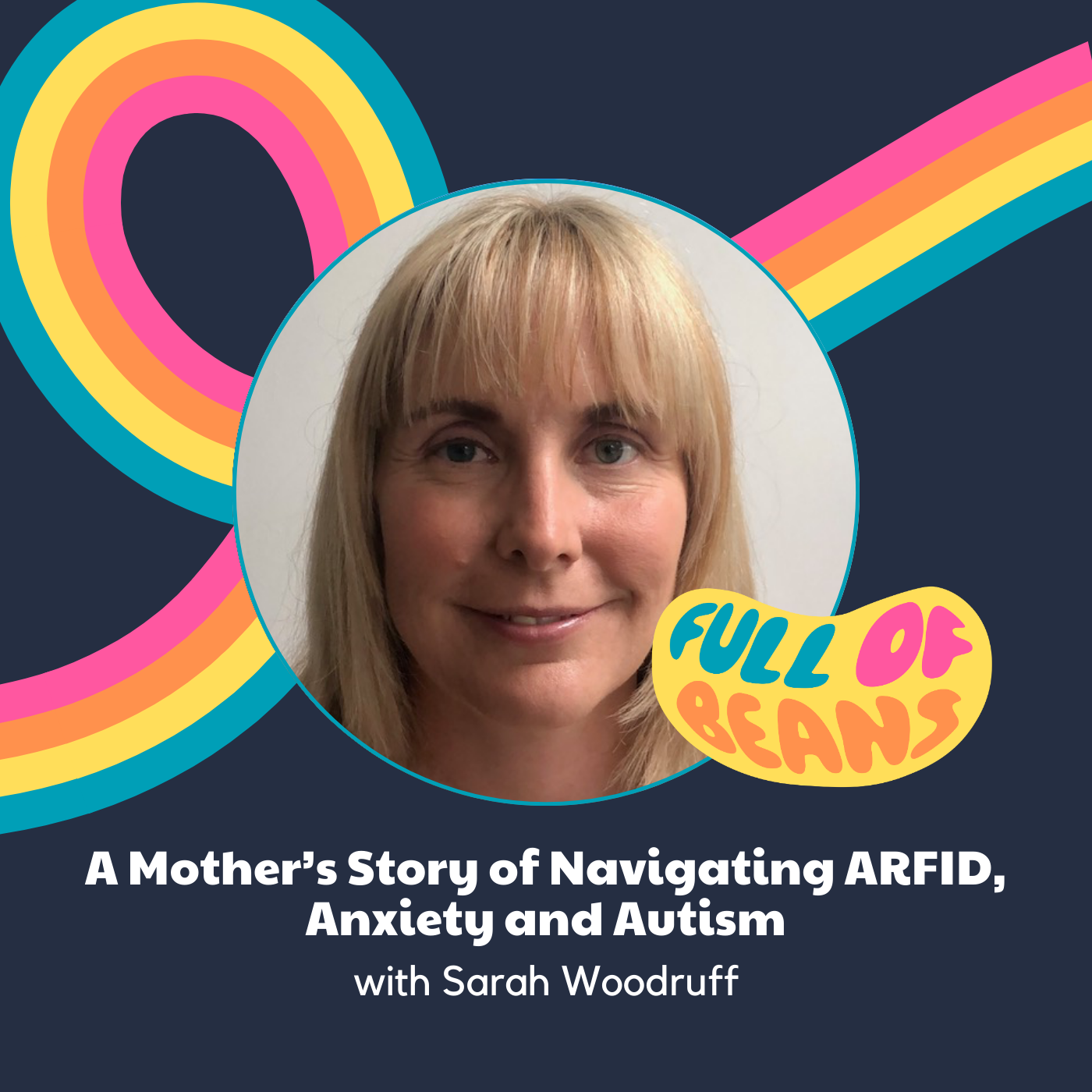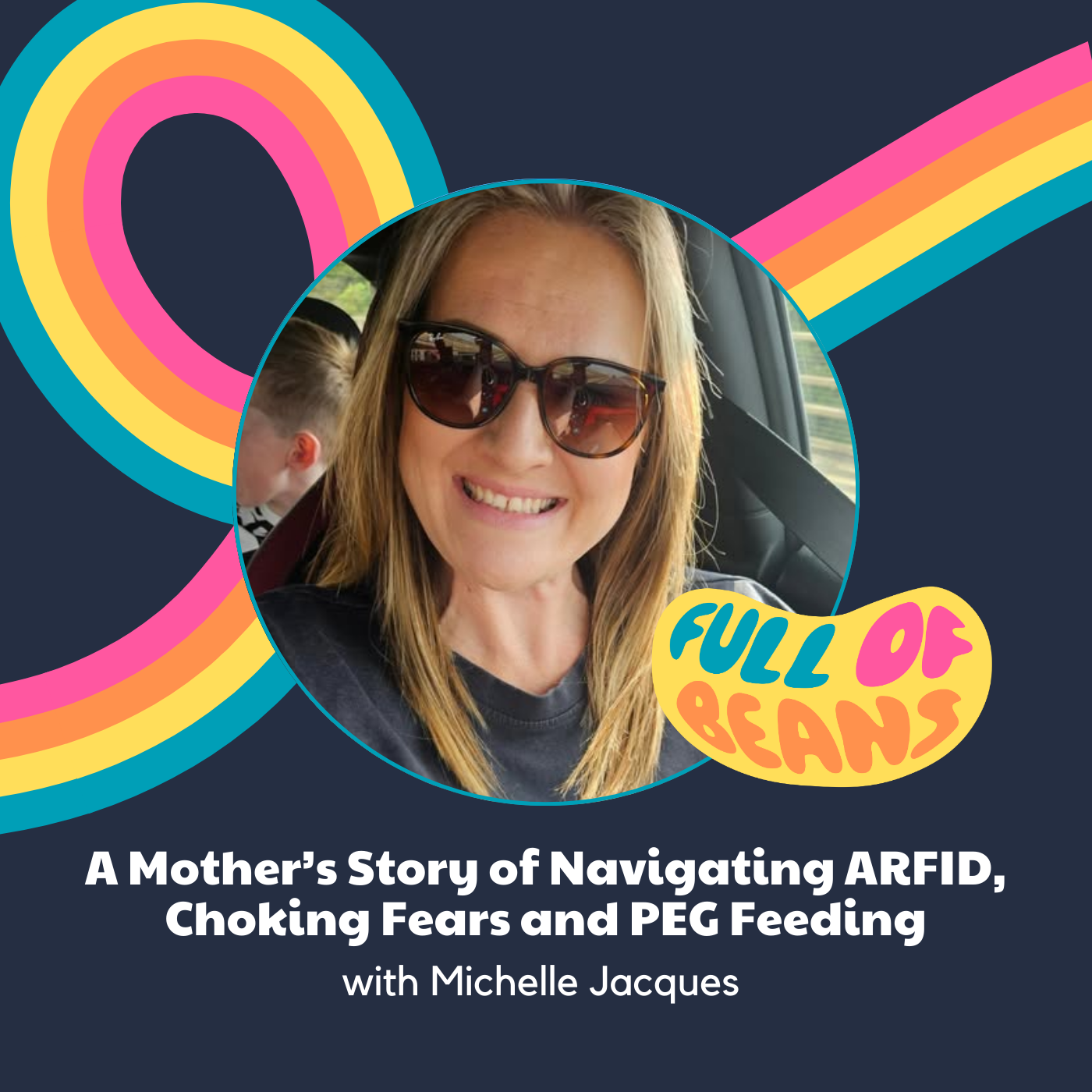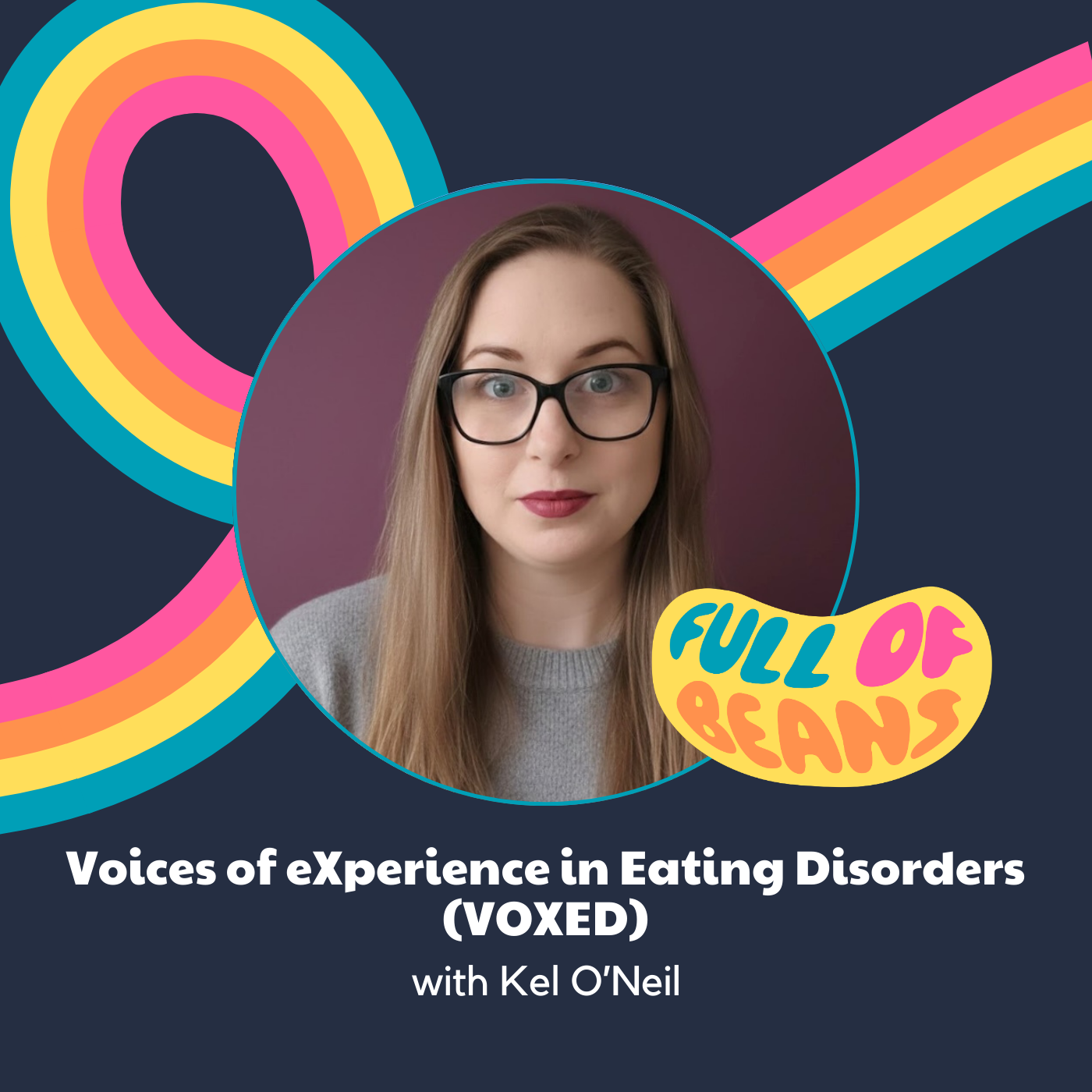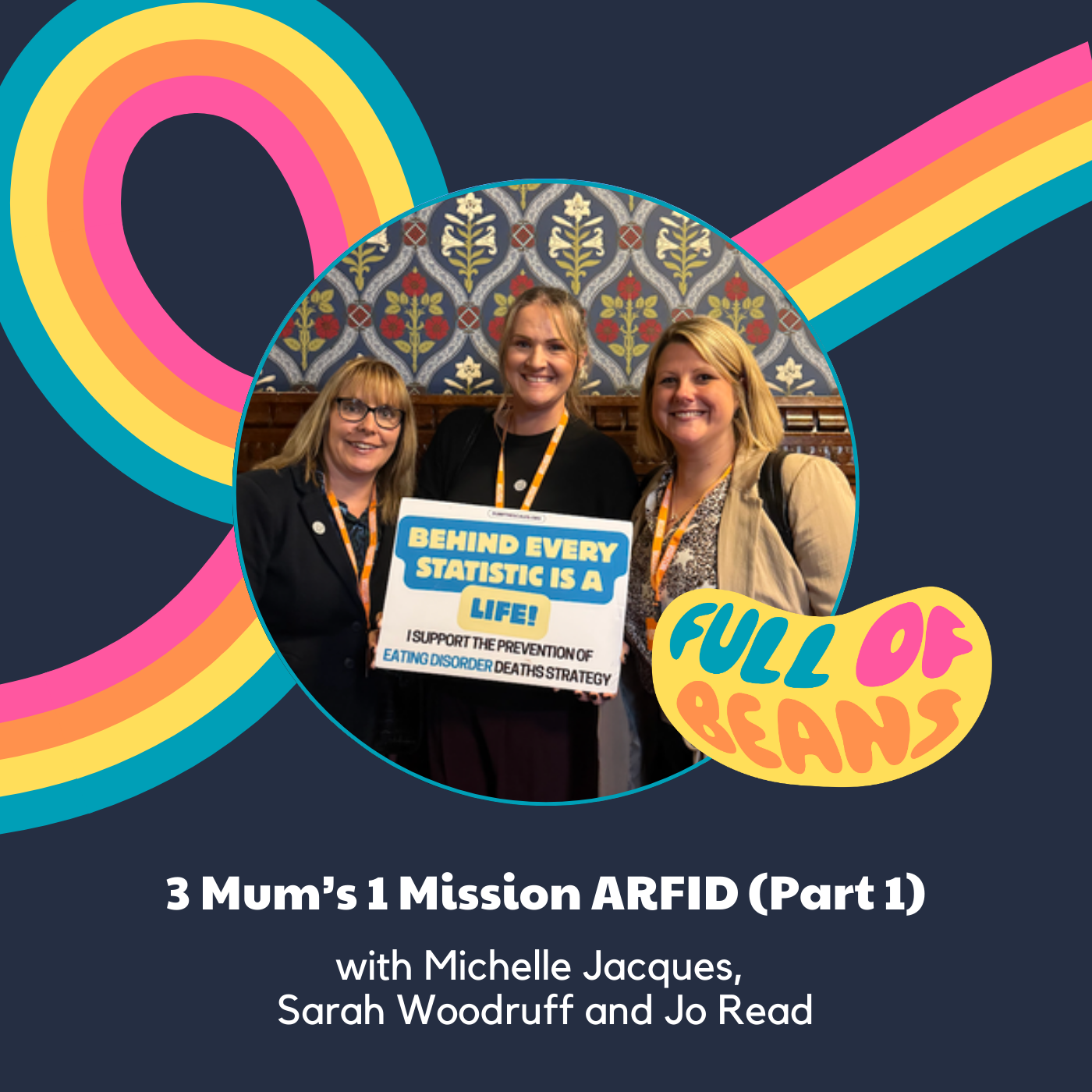The Devastating Impact of T1DE: Megan’s Story and the Fight for Change
What happens when Type 1 Diabetes and an Eating Disorder collide?
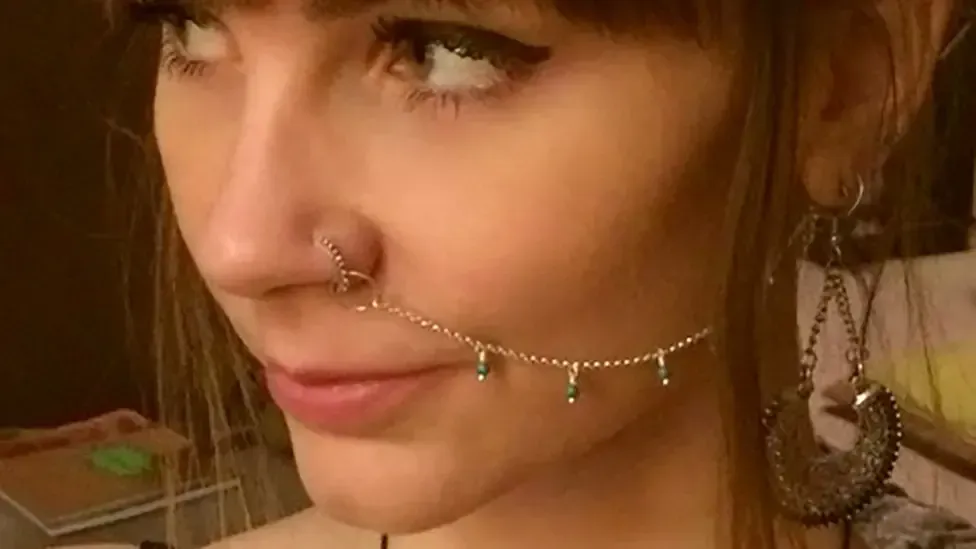
When two complex illnesses collide, Type 1 Diabetes and an eating disorder, the result can be fatal. This combination, often referred to as T1DE (Type 1 Diabetes with Disordered Eating), remains dangerously misunderstood.
In this week’s episode of the Full of Beans podcast, I spoke with Lesley and Neal Davison, who courageously shared the story of their daughter, Megan, who died by suicide after years of struggling with T1DE and left a six-page suicide note.
In Megan's note, she asked that Lesley and Neal shared her story and fought for improvements to T1DE care. Their hope is that by sharing how the healthcare system failed Megan, they can help prevent future loss.
What Is T1DE, and Why Does It Go Unnoticed?
T1DE, aka Type 1 Diabetes with Disordered Eating (previously known as "diabulimia"), occurs when someone with Type 1 Diabetes intentionally restricts or omits insulin to influence their weight. While it's a serious and life-threatening condition, it’s not officially recognised in diagnostic manuals like the DSM-5 or ICD-11. This means that many clinicians lack the training or language to identify it, let alone treat it effectively.
For Megan, the signs were there for years: repeated admissions for diabetic ketoacidosis (DKA), erratic blood sugars, distress around food, and mental health struggles.
Yet the care she received was fragmented, diabetes teams focused on physical outcomes, while mental health teams weren’t equipped to handle her insulin management. No one joined the dots or understood that what they were telling Megan to do contradicted each other, because no one communicated her care.
A System Unfit for Purpose
Megan passed away just three days after being discharged from a specialist eating disorder unit. At her first inquest, the systemic failings weren’t fully addressed. But after years of advocacy, Lesley and Neal secured a second inquest, a 10-day hearing that concluded the care system was “unfit for purpose.”
One of the most heart-wrenching parts of their story is that Megan wanted help. She engaged with services, tried multiple treatment approaches, and trusted her teams. But when those teams weren’t speaking to one another, she became invisible in the gaps between them.
Advocating for Integrated Care
Since Megan’s death, the Lesley and Neal have worked tirelessly to ensure her legacy leads to change. They’ve played a key role in pushing for T1DE to be formally recognised within national guidelines.
As a result, Annex 3 of the MEED Guidelines (Managing Medical Emergencies in Eating Disorders) now includes specific references to T1DE, urging clinicians to treat it as a medical emergency requiring urgent, multi-disciplinary support.
This is a vital shift. T1DE is not about non-compliance. It is a serious psychological and physical illness that requires collaboration between endocrinologists, dietitian's, psychologists, and mental health specialists.
What Can We Learn From Megan’s Story?
Megan’s experience sheds light on what needs to change, and what compassionate, joined-up care could look like. That includes:
- Clinicians recognising patterns of insulin misuse as potential red flags, not just poor diabetes control
- Families being supported to understand the emotional weight of T1DE
- Systems that prioritise whole-person care, rather than treating mental and physical health separately
- Greater awareness, education, and research into the unique needs of people with T1DE
Megan's story is also a reminder of how far we still have to go, but also how change is possible when brave people speak up.
Listening Can Save Lives
This episode is a hard listen, but an essential one. Lesley and Neal speak with incredible clarity, vulnerability, and purpose. Their advocacy has already led to changes in NHS trusts and the wider eating disorder field, and they continue to call for all services to recognise T1DE as a serious, integrated condition.
If you’re a clinician, family member, educator, or simply someone wanting to learn more: please listen. Share Megan’s story. Open up the conversation. You never know who it might help.
🎧 Listen to the full podcast episode with Lesley and Neal here
Sending positive beans your way,
Han 💛

